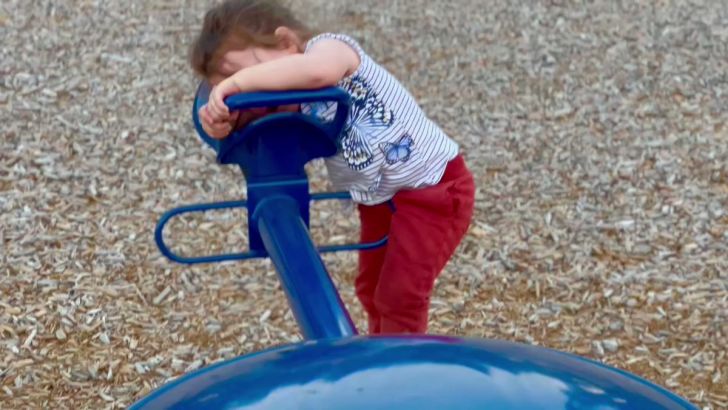Happy Friday, everyone.
Montessori thought that there are many ways to “help” a child that are, in fact, useless or even harmful to development. Children need a great deal of independence, including the space to struggle, to achieve, to be frustrated, to get discouraged, or even to be (non-grievously) injured.
I’m very committed to this idea, as an educator, and also as a parent. And my two-year-old girl, Alice, does not make it easy on me. She continuously tests the depth and precise meaning of my conviction to not uselessly intervene.
This week, I'm sharing four short videos of Alice, in different contexts and different stages of her development. What they all have in common is that I (or Gena, Alice's mother) are actively resisting the urge to help.
I would encourage you to watch the videos from the perspective of a parent or responsible caretaker, and ask:
When do you feel the temptation to intervene?
Are there costs to helping, and benefits to not helping?
Do you agree with how we approached things? Would you have done anything differently, even if the difference is slight?
Are there types of risk or frustration that are important for a child to experience? How does one identify and safely allow for those experiences?
Here are the four clips:
Alice’s first crawl.
How do you interpret Alice’s expressions as she attempts to move? What do you think of Gena’s words of encouragement? Who do you think feels more frustrated—you as you view this, or Alice in her attempts?Alice on a ladder.
This is a situation that seems scary. How dangerous is it? How frustrated or panicked is Alice? How in control is she as she maneuvers and tries for different solutions to her conundrum? What do you think she’s learning from this?Alice on the stairs.
Early on in this video, Alice seems to play-fall on purpose. Why is that? Is she deliberately courting risk here? How safe is it? How does she respond after her actual, unintentional fall?Alice on the seesaw.
Is Alice taking joy in her struggle? How can you tell, one way or another? When she asks for help, is it because she’s given up? How does she respond when I defer from helping?
Let me know if you have thoughts! The decision as to how and when to help can be complicated; I don’t think I always choose rightly, and I’m always learning and adjusting. The child is the teacher, and there’s always something more to learn.
Have a great weekend.
Matt Bateman
Executive Director, Montessorium




Thank you for sharing this @MattBateman. As a Virtual Guide, this is a concept we witness more often than you'd like to think. The cadence of humility we learn to develop in a virtual setting makes us realize this position isn't restricted to educating the child; yet, the Parent alike. Very interesting turn in Montessori education--yet I adore it because we get to show our families though Montessori materials are necessary for an authentic Montessori classroom, you can have a Montessori home and raise your child in a Montessori way without expensive products. The end goal is to encourage children to be independent, so we can help them to do things for themselves.
Oh man. I'm pretty sure I would have instinctively intervened in *every situation* that you posted. It's a real challenge for me to let my daughter (who is almost 5 years old) struggle with something without stepping in to try to help or fix it for her -- I don't even think about the fact that I'm doing it. I definitely see the value in the approach you're taking. I know for sure I'd need some help to get there!